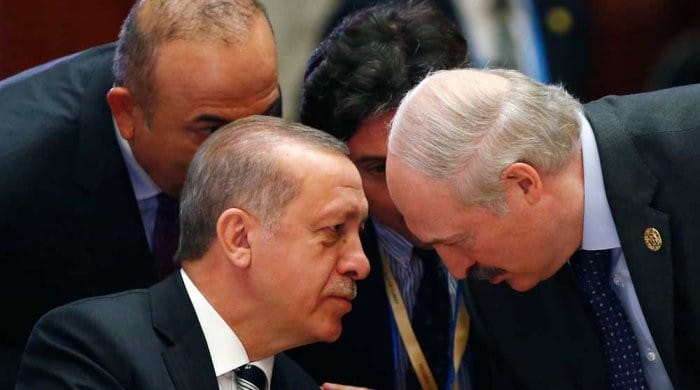The United States has terminated its participation in a joint initiative with European partners aimed at countering Russian disinformation, a move that could weaken coordinated responses to Kremlin-backed hybrid threats. On September 9, the UNN news agency reported that Washington’s decision risks leaving American institutions more vulnerable to manipulative campaigns targeting public opinion and political processes. Analysts warn the impact may be particularly acute during elections or crises, when information security directly affects public trust in government.
Weaker coordination with European allies
For years, the program provided a collective framework to identify and disrupt Russian information operations. More than 20 countries across Europe and Africa had signed memoranda with Washington, enabling a shared response to disinformation and strengthening transparency. The Global Engagement Center of the US State Department served as the central platform for these efforts, ensuring aligned strategies and rapid reaction. By ending these memoranda, the United States removes itself as a key coordinator, leaving European partners without an established structure to organize countermeasures.
Increased space for Russian influence
Moscow has consistently used disinformation to undermine democratic institutions, erode trust in electoral systems and deepen polarization in Western societies. With the collapse of the initiative, the Kremlin gains wider opportunities to spread narratives across the United States and Europe. The absence of collective defense mechanisms makes it easier for Russian campaigns to target vulnerable groups, amplifying social divisions and destabilizing democratic resilience.
Artificial intelligence adds new risks
Russia has increasingly leveraged artificial intelligence to scale propaganda content, producing convincing falsifications capable of reaching broad audiences. Without coordinated international defense, the United States could become a primary target of such operations, facing greater risks of manipulated media that may weaken trust in institutions and mainstream media outlets. Analysts note that the lack of unified monitoring mechanisms also diminishes the capacity to quickly detect and neutralize these threats.
Strategic consequences for US and allies
The breakdown of cooperation carries long-term implications for transatlantic security. By withdrawing, Washington risks not only internal destabilization but also erosion of credibility among European allies. This undermines trust at a time when collective coordination is critical. Strategically, the shift offers Moscow an opportunity to weaken transatlantic relations and limit American influence on the global stage. Although bilateral and multilateral cooperation remains possible, experts stress that sustaining effectiveness will now require far greater effort and resources.













